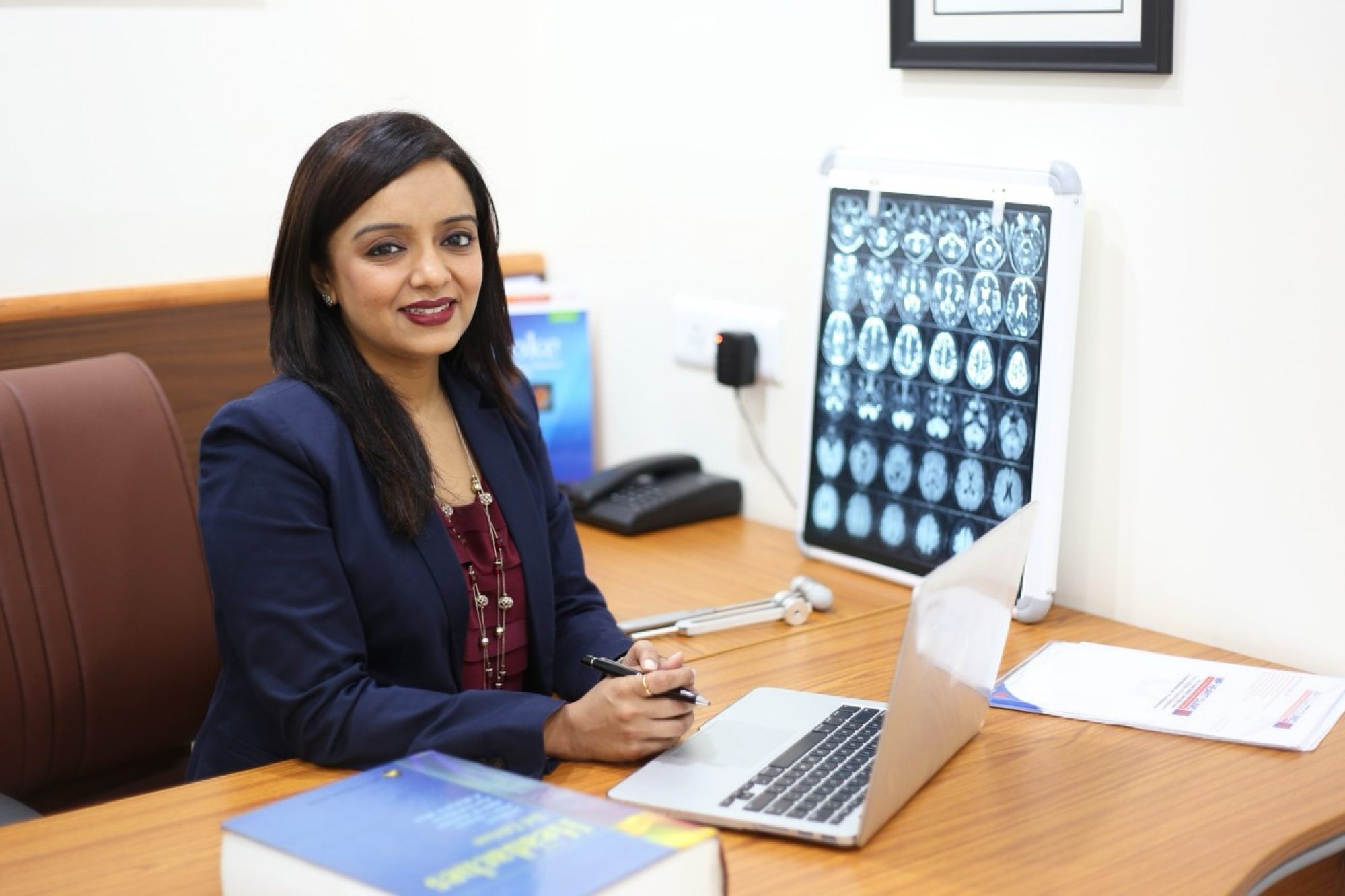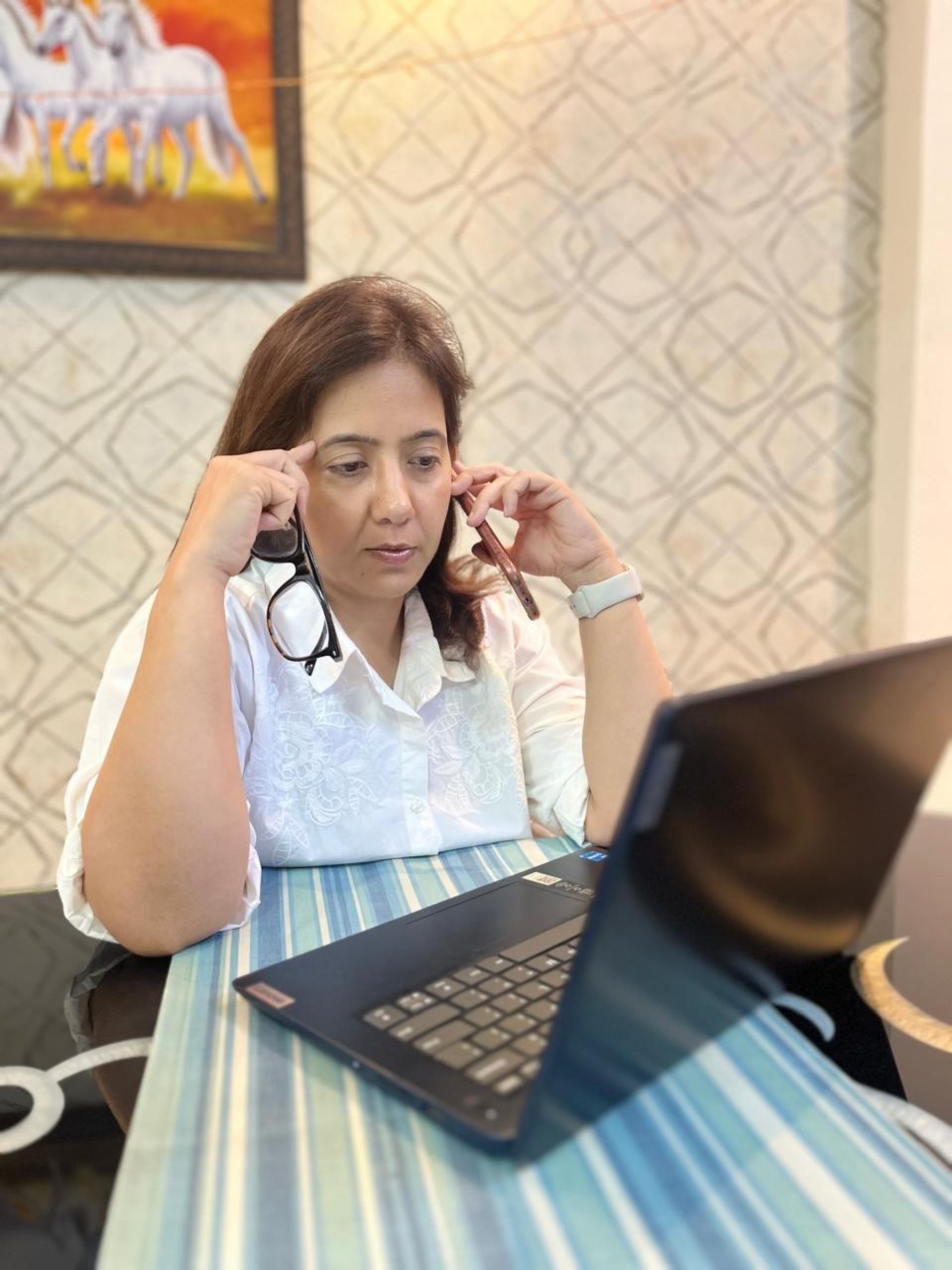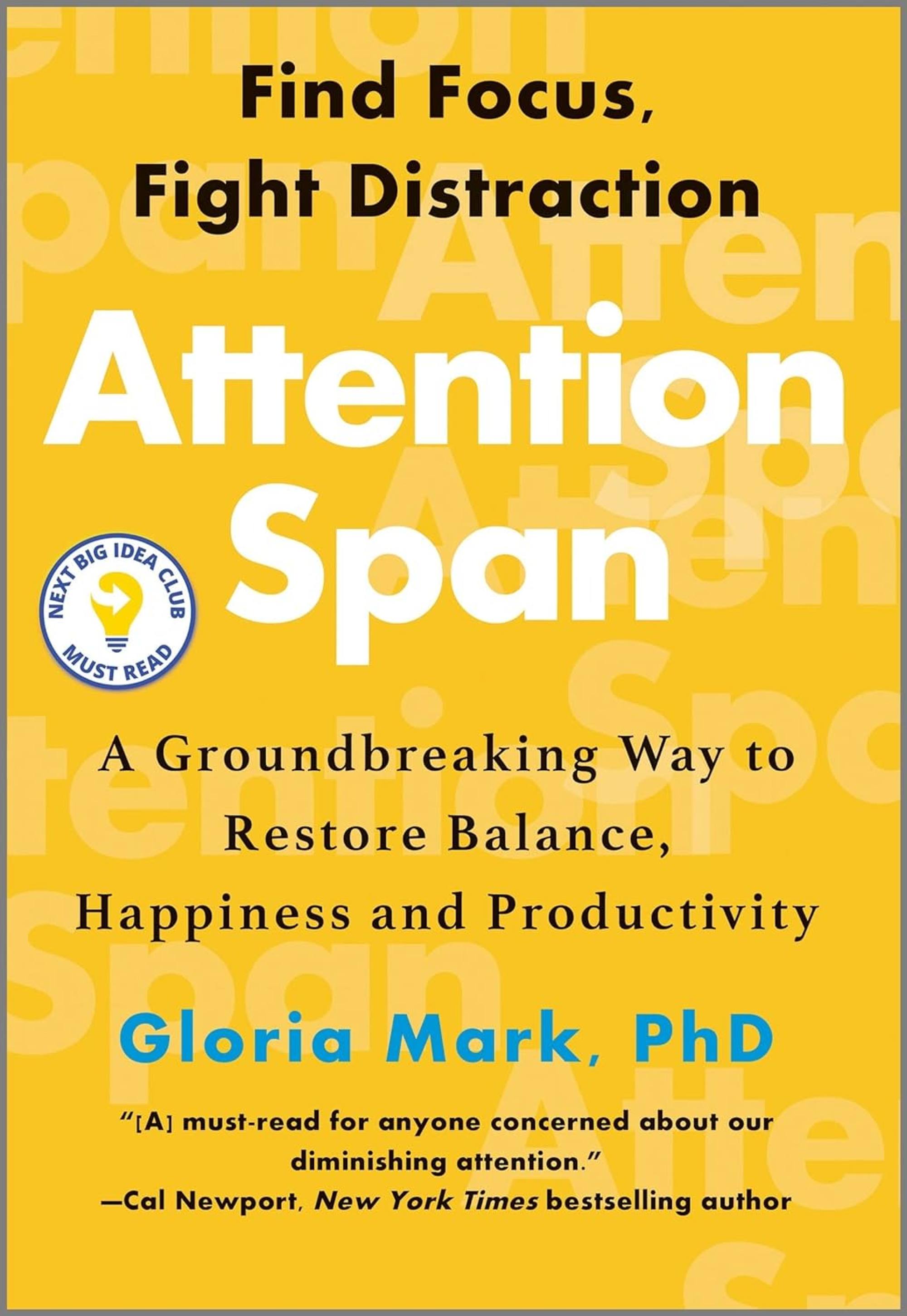
Tips for a digital detox when too much online information gives you ‘popcorn brain’
- The struggle to focus because of information overload leads to stress, anxiety and isolation. A doctor shares tips for reducing online time
Do you notice how much harder it is to focus while constantly tethered to digital devices that leave you open to a relentless onslaught of information? Thoughts jump from one idea to another – not unlike the popping of corn kernels.
In 2011, University of Washington researcher David Levy coined the phrase “popcorn brain” to describe this condition.
Dr Sonia Lal Gupta, a senior neurologist and director at the Metro Group of Hospitals in New Delhi and managing director of the Metro College of Health Sciences & Research in the north Indian state of Uttar Pradesh, says popcorn brain occurs when the brain is overwhelmed with multiple thoughts and divided attention.
“Today’s digital platforms and social media bombard the brain with an overwhelming amount of information,” she says. This makes it difficult to focus on a single task at a time due to the constant stimulation.

“Online platforms and social media sites use algorithms that feed us a constant stream of information, notifications, and entertainment, addressing our interests and behaviours,” she says.
It got so bad that I stopped interacting with my two young kids
New Delhi-based Chhavi Mehtaa, an online English teacher and author of Conscious Parenting, a handbook for young parents, suffered the symptoms of popcorn brain.
Her work started to severely affect her vocal cords, then one day she discovered she could not lift her right arm.
“I thought I’d become paralysed,” Mehtaa says. At the hospital, she learned the problem was due to physical – and mental – issues, and enrolled in therapy.

“I’ve been following a strict work and leisure routine for the past half year, with my family ensuring that I don’t deviate from it. This discipline has helped bring a sense of calm to my life.”
A person with popcorn brain’s inability to focus on interpersonal interactions strains relationships, further isolating individuals, Gupta says.
For Roli Gaur, a Delhi-based social media strategist, extended use of her phone and computer profoundly affected her family ties.
“It got so bad that I stopped interacting with my two young kids,” she says. “One day, I felt so disconnected [from] them that I got hold of the younger one, cuddled her, and cupped her face in my hands. I gazed at her with tears flowing down my cheeks. It made me realise that I hadn’t looked at her face for days.”
The 35-year-old says she also developed blurred vision from her digital addiction.

In her 2023 book Attention Span: A Groundbreaking Way to Restore Balance, Happiness, and Productivity, University of California Irvine researcher Gloria Mark discusses her two-decade study of attention.
It suggested that human attention spans on any device have declined from an average of 2.5 minutes in 2004 to 47 seconds in the past five to six years.
This not only diminishes productivity: the more you switch your attention, the more your stress intensifies, she writes.
How to manage popcorn brain
Lifestyle changes can help manage a popcorn brain, Gupta says.
-
Limiting screen time is key. Screen-time apps such as Freedom, Jomo, one sec, Opal, ScreenZen and iPhones’ own ScreenTime feature can block certain apps for a set period of time, and you can consider turning off alerts for apps that are not critical.
-
“Identifying phone-free zones at work or home also helps,” she says. This may mean banning devices from the staff lunch room or bedroom.
-
Have a regular digital detox – going without online access of any kind for an extended time – and follow a structured work routine to aid concentration.
-
“Following mindfulness practices and doing regular physical exercise also help energise the brain. Good sleeping habits – including putting the phone away at bedtime – can minimise popcorn brain symptoms,” Gupta adds.


